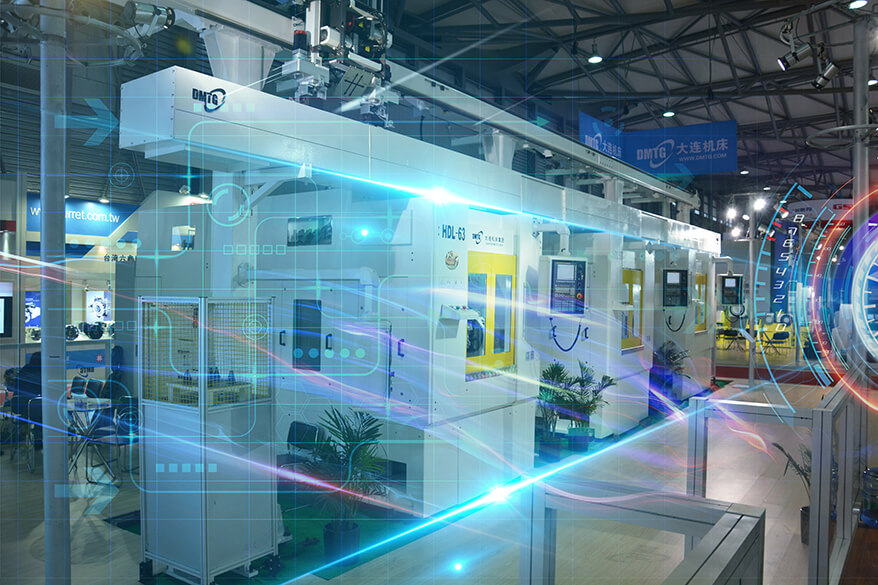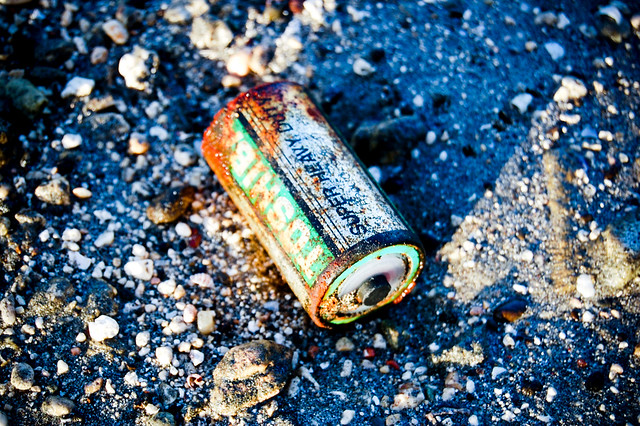Lithium Battery Shortage-Definition, Demand and Solution
Dec 23, 2019 Pageview:1043
A lithium battery or Li-ion battery is the most important member of the family of rechargeable batteries. These batteries are designed to pile up the electrical energy that creates a reversible reaction by using lithium salt as electrolytes. Lithium-ion batteries are extensive a part of portable consumer devices, ranging from large vehicles to small-sized devices. Millions of daily activities from hybrid cars to laptops and mobile phones consist of lithium batteries, these batteries are rapidly gaining popularity because of its high power, small size and capability to recharge.
Lithium batteries are made of electrolyte, anode, cathode and (positive and negative) currents that use metallic lithium (anode) as a positive electrode that attracts magnesium (cathode) as a negative, which generates in producing high energy to power the devices. Lithium is considered as incomparable power carrier for portable equipment that will be unlikely to be replaced in foreseeable future.
The market of lithium-ion batteries is expected to grow significantly as forecasted because these batteries provide great advantages, for example, high power, efficiency, and a healthy lifespan, unlike other batteries. With the increasing growth in the electronics industry and rising awareness towards the viable clear fuels in the automobile industry, the market of lithium-ion batteries is expected to grow in future years.
Is there a shortage of lithium?
Tesla a very well famous car manufacturing company has warned at the start of 2019 that there will be a global shortage of minerals that are used in the manufacturing of batteries such as, copper, lithium, and nickel. This could create an alarming situation in the auto industry as the demand is increasing at a rapid pace.?
Experts believe that due to excessive demand there would be a shortage in supply of lithium-ion by 2050. Over the years, lithium-ion batteries have been a significant part of technology growth, which has been used in phones, laptops, hybrid and electrical cars.
Lithium miles are located across the globe, which is mainly found in the USA, Europe, Argentina, Chile, and Bolivia. However, recently a question has arisen that will lithium might be short, not right now but soon it will be. This shortage will not occur due to scarcity of raw material but due to a lack of mines that would be unable to meet the market demands.
However, the effects of shortage could be witness now as the fear of shortage has already tripled the prices of lithium. The demand for lithium will not be slack as it is an essential part of the technology world and the manufacturers would still prefer to use it despite the high price.
According to recent findings, about 38% of the lithium is used in batteries and the consumption has rapidly increased over the years. Furthermore, around 20 production sites are under construction but there is still resistance in executing this plan because this could create an environmental issue.
Although, shortage of lithium will not have a great impact on the cost of batteries for example if there would a 300% increase in lithium the cost would only rise by 2% on the batteries. However, the shortage of Cobalt would widely affect the prices of batteries because it is also one of the most largely used elements in batteries and higher prices would affect the consumers.
What is the demand for lithium batteries?
The demand for lithium is and will always be high, as lithium-ion batteries have marked its presence as a revolutionary component of advance technology. They have high-power density and mostly used in portable machines. Lithium-ion batteries have set their presence in the market and are rapidly gaining popularity army and navy services for electrical vehicles and space applications. Due to the excessive demands of technology-enhanced portable devices, the demand for lithium batteries has rapidly increased.
The increasing demand for these portable devices and other manufacturing products is one of the major factors that has increased its drive-in market. This sums up that batteries are the largest segment for li-ion batteries and according to some studies, the expected demand in total would increase by 36 percent and it may grow further at compound annual growth about 10-15 percent by 2020.
As the demand for lithium batteries in the long term is expected to grow, the prices are also expected to upsurge in the global market. However, due to the prevailing shortage of lithium, the supply is expected to be tight and would further be worse anticipated by suppliers and it would be difficult to meet the increasing demand for the electronic market.
How do manufacturers deal with battery mineral shortage?
It is a really big dilemma for manufacturers as the demand is rapidly increasing so are the prices and due to this many big names have collaborated with mining companies to meet the market demands, for example, at the start of this year, Toyota has made an announcement that they would be partnering up with Orocobre Limited; an Argentina based lithium-mining company. Great wall a Chinese car making company collaborated with Pilbara Minerals. BMW has also announced that they would be signing up a ten-year contract so there will have a sufficient supply of lithium. By 2025, Volkswagen aims to initiate small-size production units of solid cells and invest 1 billion dollars by collaborating with cross border manufactures to surge up the supply and meet the expected production rate because according to them, by extracting lithium, prices would be stable and capacities will be guaranteed.
Well with a technology perspective, we all have seen that demand for future materials can be easily anticipated. The demand for cobalt, graphite, nickel, and lithium will rapidly grow. However, many questions are needed to be addressed, how will these materials be extracted and do we have enough of them?
Nevertheless, in the near future lithium will one of the most desired raw materials; by 2020, the demand will rapidly increase especially in the automotive sector. To meet the market demands, manufacturers are collaborating with top-notch mineral mining companies all over the world to get enough supply of lithium.
- Prev Article: Lithium Battery Poisoning-Safety Management
- Next Article: Dog Ate Lithium Battery-Care for Pets and Batteries
Leave Message
Hottest Categories
-
Hottest Industry News
-
Latest Industry News












